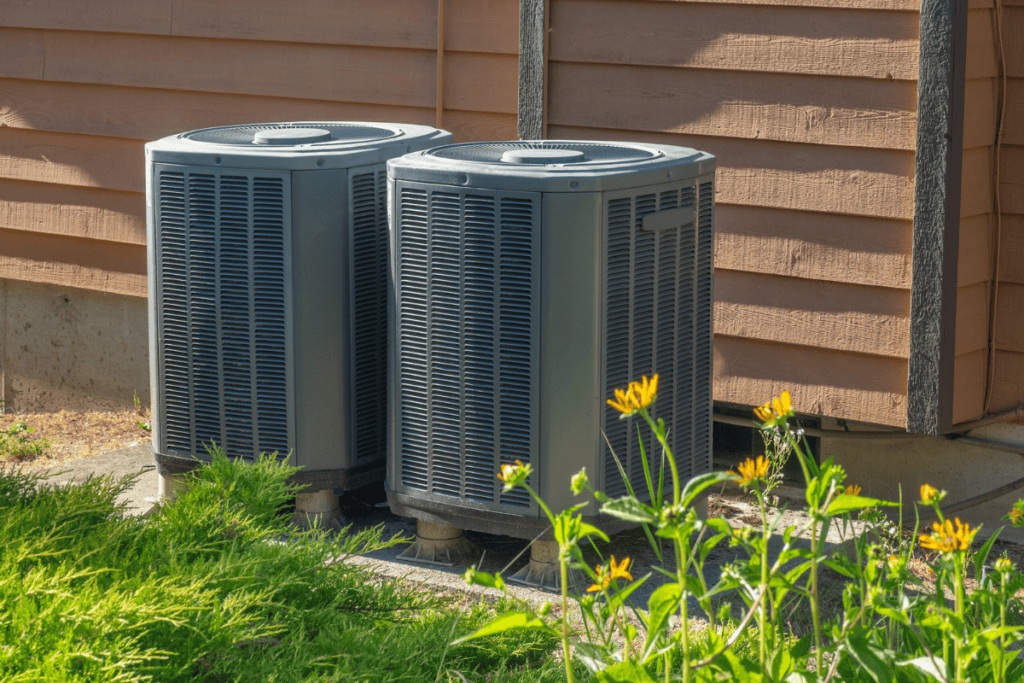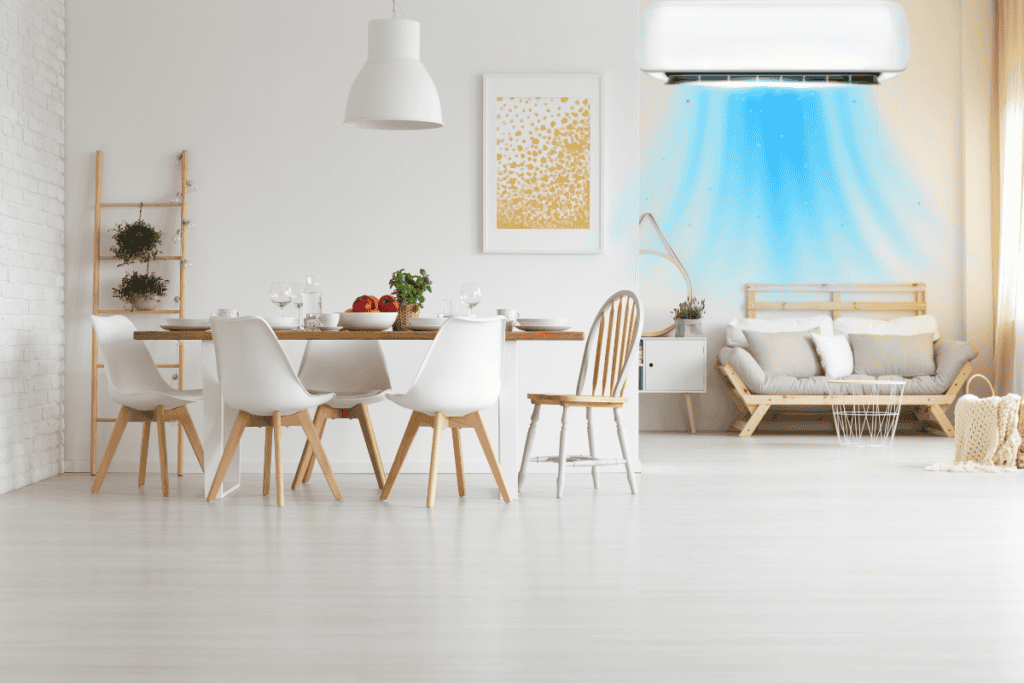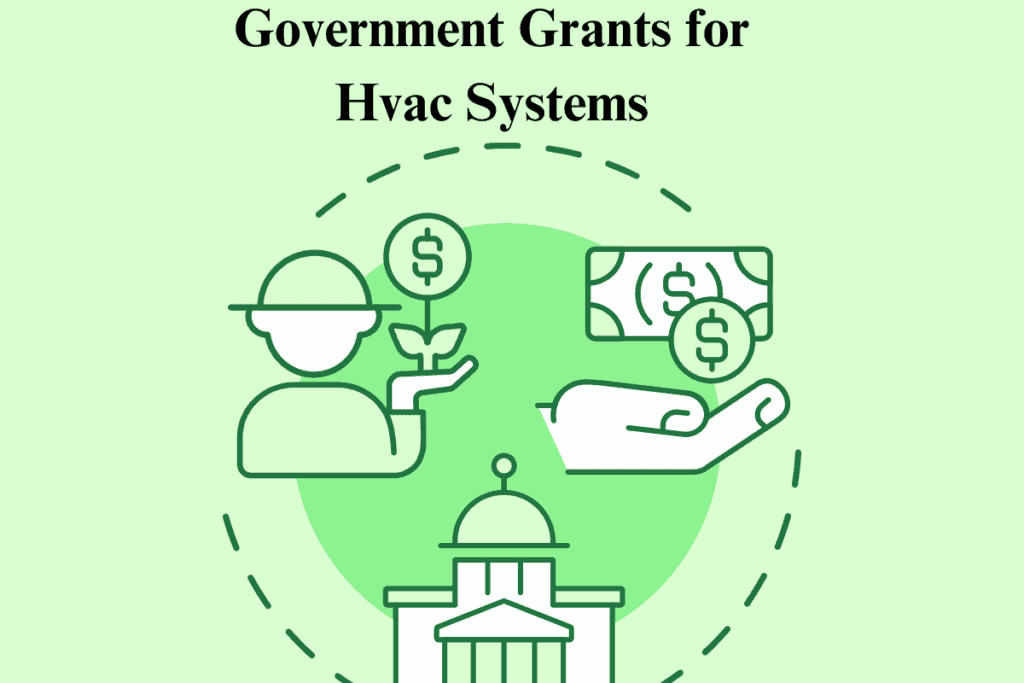When the power goes out, having the right size generator can make all the difference in keeping your home comfortable and your appliances running smoothly. This is especially true if you want to power your air conditioner during an outage. Choosing the appropriate generator size is crucial so that you have enough wattage to run your AC unit and other essential appliances without overloading the system.
Sizing a generator to accommodate your air conditioning needs involves careful consideration of several factors. You’ll need to determine the power requirements of your AC unit, as well as any other appliances you want to power during an outage. The type of generator you choose, whether it’s a portable generator or a standby generator, will also impact the sizing decision.
To select the right size generator for your home, you’ll need to calculate the starting and running wattage of your air conditioner and other essential appliances. This will help you determine the minimum wattage required to keep your home comfortable and functional during a power outage.
In this article, we will help you in understanding these key factors and following the sizing guidelines, so that you have the right size generator to keep your AC running and your home powered when you need it most.
Contents
Types of Generators
When considering a generator to run your AC during a power outage, there are two main types to choose from: portable generators and standby generators.
1. Portable Generators
Portable generators are a popular choice for many homeowners due to their versatility and affordability. These generators are designed to be moved around and can be used to power your AC unit and other essential appliances during an outage. Portable generators come in various sizes and wattage capacities, so it’s crucial to choose one that can handle the starting and running wattage of your air conditioner and any other devices you want to power.
When using a portable generator, it’s important to protect it and maintain proper ventilation to avoid carbon monoxide buildup. You’ll also need to manually start the generator and connect your appliances using extension cords or a transfer switch.
2. Standby Generators
Standby generators, also known as whole-home generators, are a more permanent solution for backup power. These generators are installed outside your home and connected directly to your electrical system. When the power goes out, a standby generator automatically kicks in within seconds to provide uninterrupted power to your entire home or selected circuits, including your AC unit.
Standby generators are typically powered by natural gas or propane and can deliver higher wattage outputs compared to portable generators.
“Home standby generators are expensive, but they’re the gold standard in backup power, and they outperform all other types of generators in our ratings,” says Dave Trezza, who heads the generator testing program for Consumer Reports.
Determining Factors for Generator Size
To select the right size generator for your home, there are several key factors to consider:
1. Total electrical load
Calculate the total wattage of all the appliances and devices you want to power during an outage, including your AC unit, refrigerator, lights, and other essentials.
2. Peak power requirements of your AC
Air conditioners have higher starting wattage requirements compared to their running wattage. Make sure your generator can handle the surge when your AC unit kicks on.
3. Starting vs. running wattage
Most appliances require 2-3 times more wattage to start up than to run continuously. Factor in the starting wattage of your AC and other devices when sizing your generator.
4. Surge capacity
Choose a generator with sufficient surge capacity to handle the initial power demands of starting your AC and other appliances without tripping breakers or causing damage.
5. Additional appliances and electronics
Don’t forget to account for the power needs of other items you want to run during an outage, such as your TV, computer, or phone chargers.
How To Calculate Generator Size
When wondering what size generator do I need to run my AC and other appliances during a power outage, there are three main methods you can use:
Method 1: Adding up individual appliance wattages
To calculate what size generator you’ll need using this method, follow these steps:
1. Make a list of all the appliances and devices you want to power during an outage, including your air conditioner, refrigerator, lights, and other essentials.
2. Find the wattage rating for each item, which is typically listed on the appliance label or in the user manual.
3. Add up the wattages of all the appliances to determine the total electrical load. For example:
-
- Window AC unit: 1,200 watts
- Refrigerator: 700 watts
- Lights and fans: 400 watts
- Total load = 1,200W + 700W + 400W = 2,300 watts
In this case, you would need a generator that can handle at least 2,300 watts to power these items.
Method 2: Using manufacturer specifications
If you have a central air conditioner or other large appliances, it’s best to refer to the manufacturer’s specifications to determine the required wattage. Here’s how:
1. Check the labels or manuals for your AC unit and other major appliances to find their rated power consumption.
2. Add up the wattages to calculate the total load. For instance:
-
- Central AC: 4,000 watts
- Refrigerator: 700 watts
- Sump pump: 1,000 watts
- Total load = 4,000W + 700W + 1,000W = 5,700 watts
Based on this calculation, you would need a generator with a minimum capacity of 5,700 watts to run these appliances.
Method 3: Consulting with a professional
For the most accurate assessment of your power needs, it’s wise to consult with a licensed electrician or generator installer. They can:
1. Inspect your home’s electrical system and appliances
2. Calculate the total load based on your specific requirements
3. Recommend the right size generator to power your AC and other essentials during an outage
Sizing Guidelines For Home Generator
When it comes to sizing a generator for your home, there are some general rules of thumb that can help you estimate the right size generator you’ll need to power your AC and other essential appliances.
A common guideline is to allocate 1-2 kW of generator capacity per ton of air conditioning. For example, if you have a 3-ton central air conditioner, you would need a generator that can handle between 3-6 kW to run your AC unit.
Another rule of thumb is to add an additional 500-1,000 watts to your generator size for each major appliance or electronic device you want to power beyond your air conditioning unit.
While these guidelines can provide a quick estimate, it’s important to remember that they may not account for specific factors like the efficiency of your appliances or your actual power usage patterns.
Contact HVAC Angel For All Your HVAC Needs
When it comes to choosing the right size generator to run your air conditioner and keep your home comfortable during a power outage, it’s essential to get professional help. At HVAC Angel, our team of expert technicians has the knowledge and experience to assess your specific power needs and recommend the perfect generator solution for your home.
We understand that every home is unique, and the size generator you need depends on various factors, including the type and size of your AC unit, the other appliances you want to power, and your home’s electrical system. That’s why we offer personalized consultations to help you determine the right generator size and type for your needs.
Our team will work with you to calculate the starting wattage of your AC and other essential appliances, factor in any future additions to your electrical load, and ensure that your generator can handle the power demands of your home. We’ll also provide guidance on proper generator maintenance and safety practices to keep your backup power source running smoothly.
When you choose HVAC Angel for your generator needs, you can trust that you’re getting the best service and expertise in the industry. We’re committed to helping you find the right-sized generator to keep your AC running and your family comfortable, no matter what Mother Nature throws your way.
Frequently Asked Questions
1. Is it OK to run AC on generator?
Yes, you can run your air conditioner on a generator, but it’s crucial to choose a generator that can handle the starting and running wattage of your AC unit to avoid damage to your equipment.
2. How many watts does a home AC use?
The wattage a home air conditioner uses depends on the size and type of unit. A typical central air conditioner can use anywhere from 3,000 to 5,000 watts, while a window unit may use 500 to 1,500 watts.
3. How many watts does a 1.5 ton AC use?
A 1.5-ton air conditioning unit typically uses around 1,500 to 2,500 watts, depending on factors such as efficiency and operating conditions.
4. Can a generator damage an AC?
Using an incorrectly sized generator or one that produces dirty power can potentially damage your air conditioner. It’s essential to choose a generator that can handle the power requirements of your AC unit and provide clean, stable power to avoid any issues.

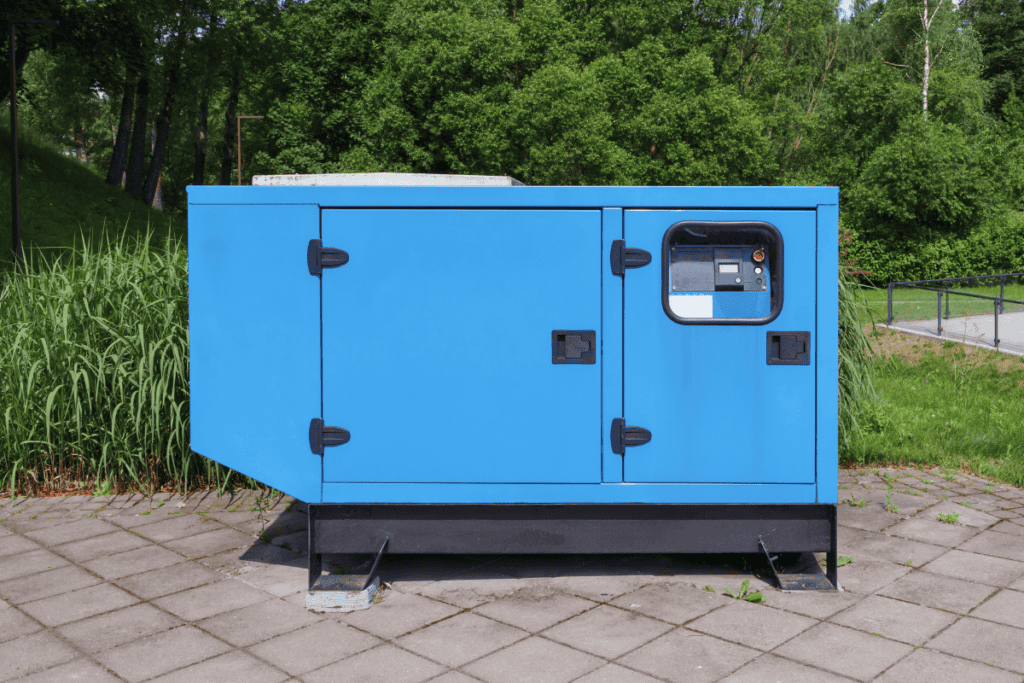
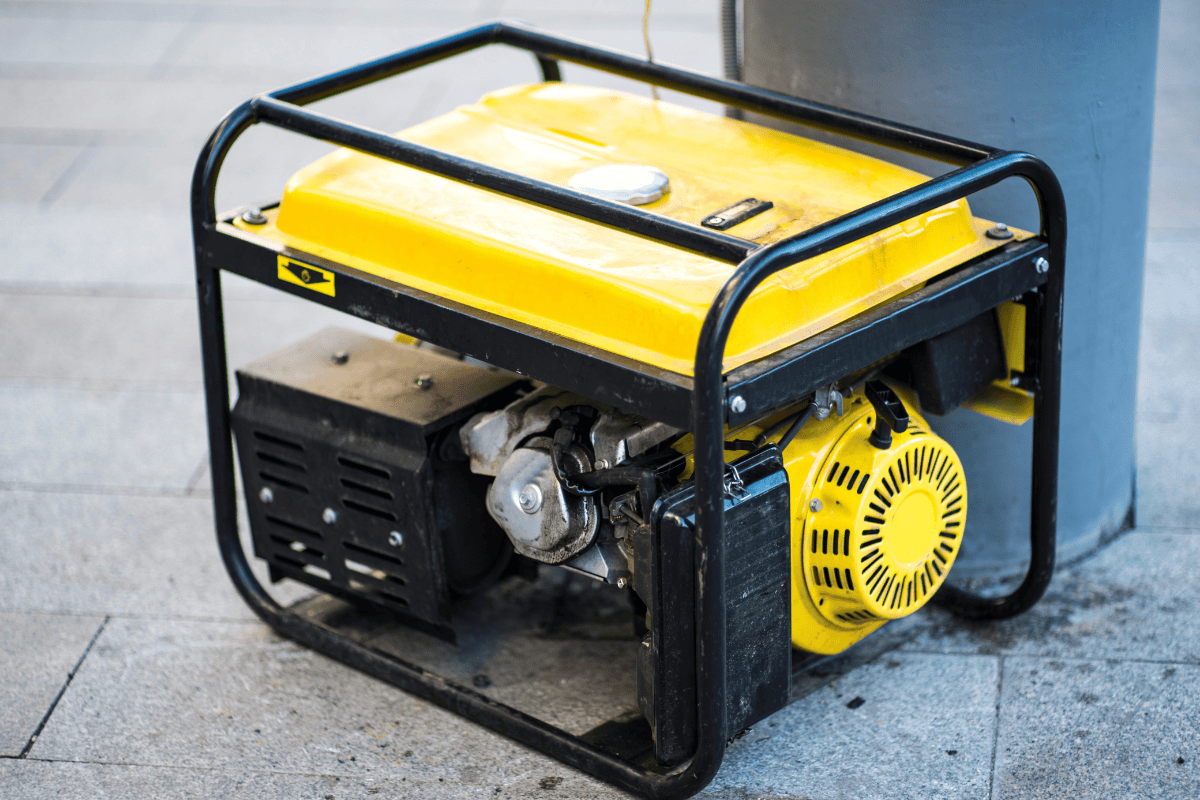
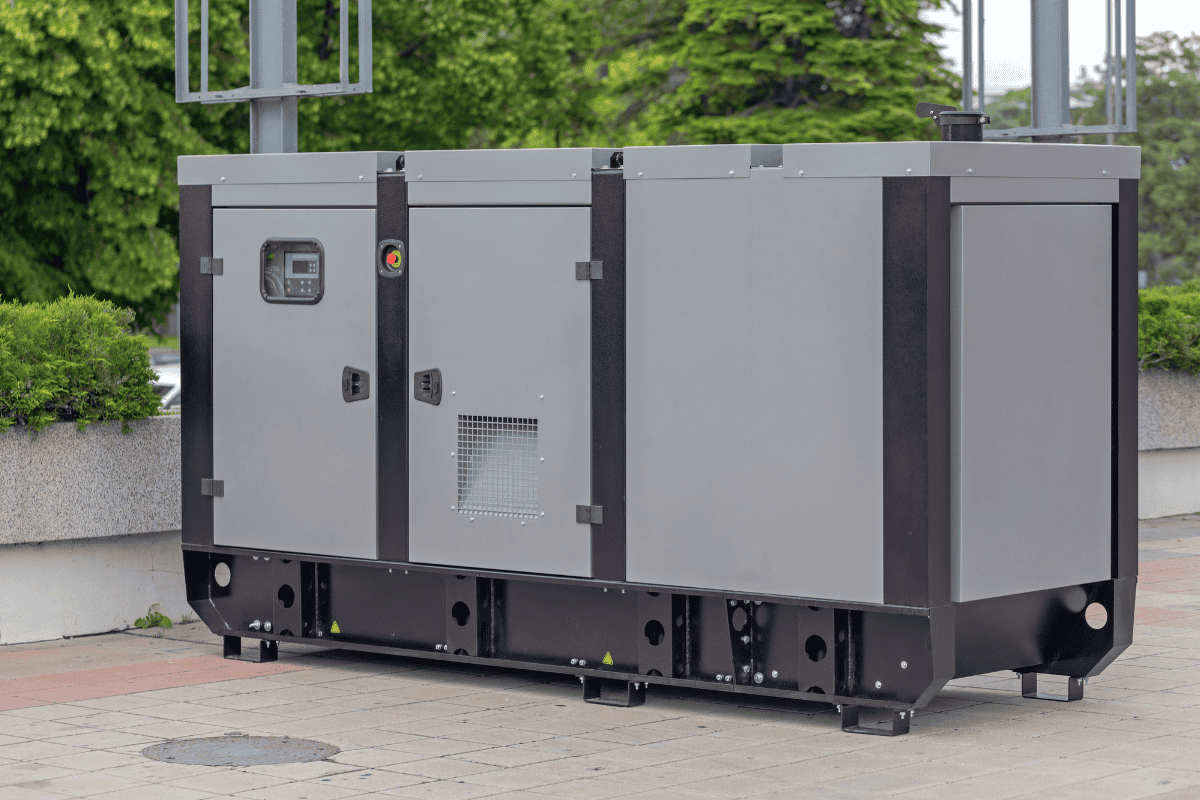
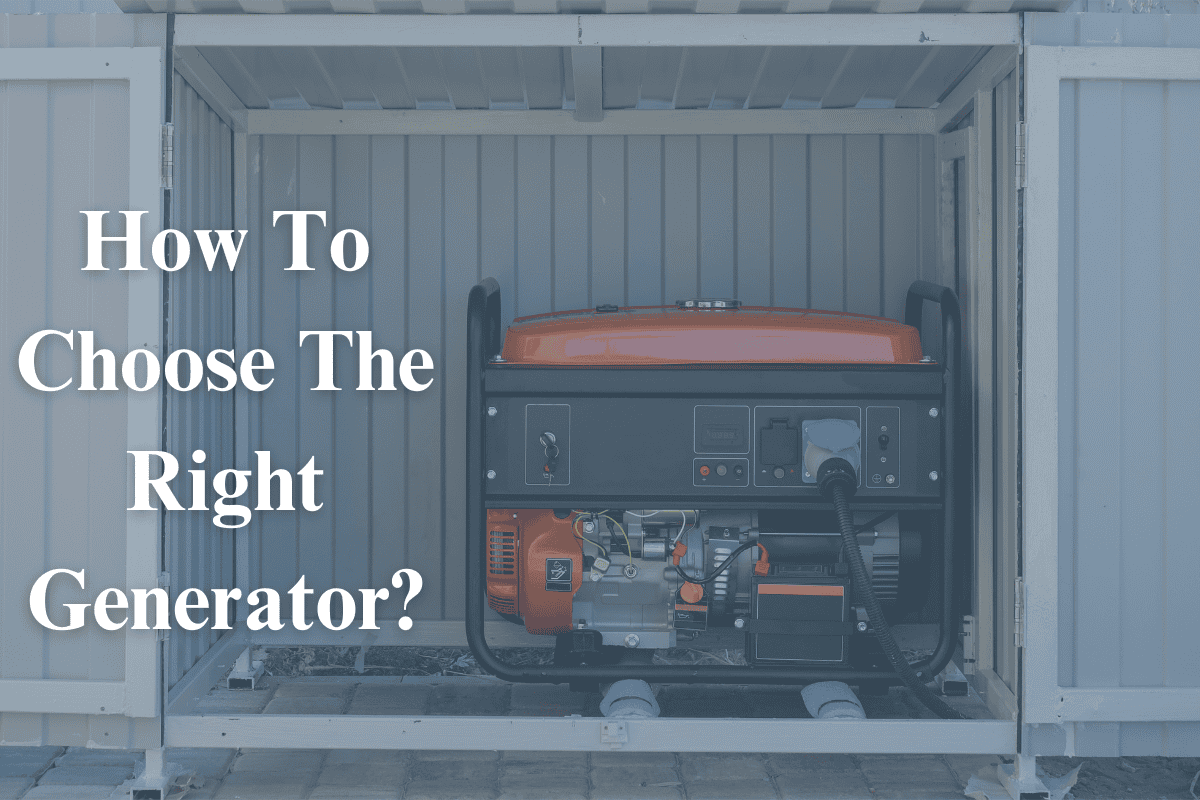
![9 Reasons That Causes an AC Unit to Freeze Up: [Troubleshooting Guide]](https://hvacangel.com/wp-content/uploads/2024/05/what-causes-a-ac-unit-to-freeze-up-1024x683.png)
